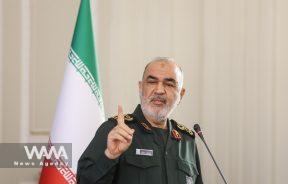Social Media’s Electoral Impact: A Modern Political Revolution
WANA (June 28) – In recent decades, social media has emerged as a formidable force in politics and elections worldwide. These platforms have revolutionized political interaction and influence by providing unprecedented communication channels and access to vast information.
Many argue that social media played a pivotal role in Donald Trump’s surprising victory in the U.S. presidential election, where his use of these platforms to disseminate unfiltered messages directly to voters became a defining strategy.
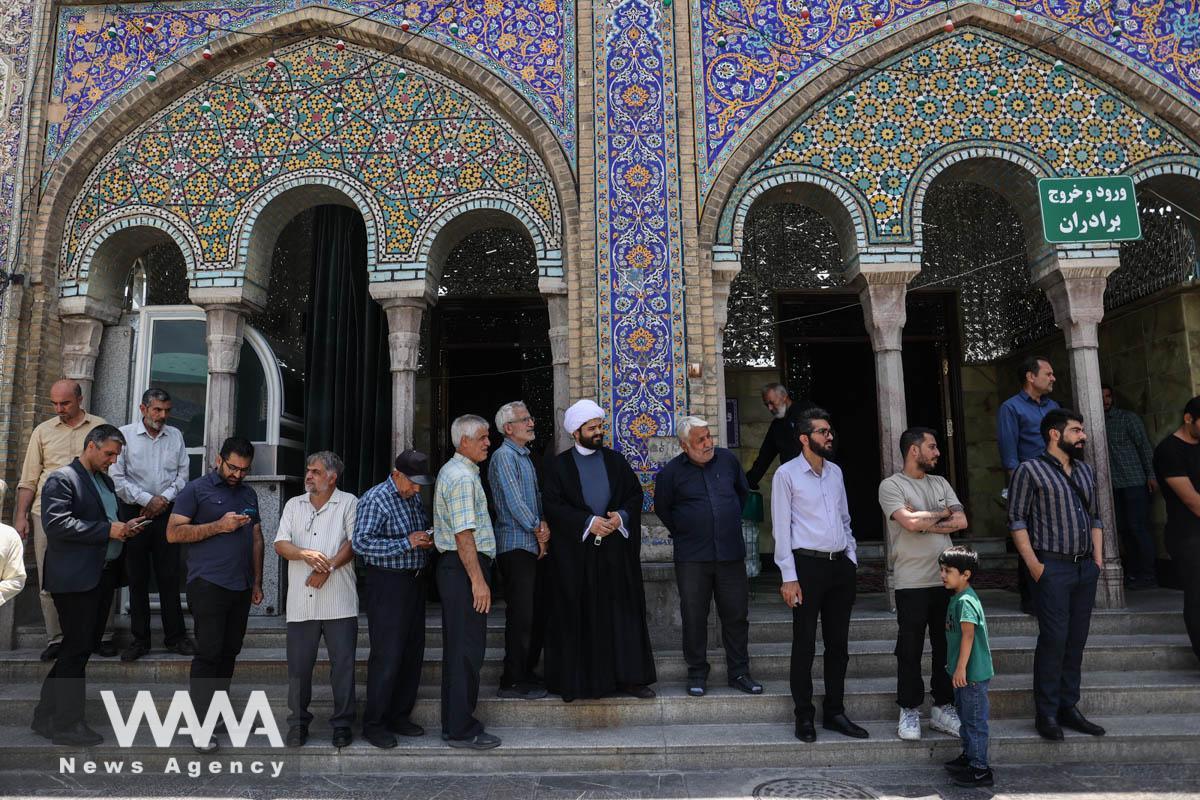
Iranian people stand in a queue as they wait to vote at a polling station in a snap presidential election to choose a successor to Ebrahim Raisi following his death in a helicopter crash, in Tehran, Iran, June 28, 2024.Majid Asgaripour/WANA (West Asia News Agency)
Reflecting on past elections, the 2008 U.S. presidential campaign of Barack Obama stands out as a watershed moment for social media’s influence. Obama effectively utilized platforms like Facebook and Twitter to mobilize a broad base of supporters and convey his campaign messages directly to the American public.
Similarly, in the UK’s Brexit referendum in 2016, social media platforms played a critical role in shaping public opinion. Various campaigns leveraged platforms such as Twitter and Facebook to spread targeted misinformation and influence voter sentiment, ultimately impacting the referendum’s outcome.
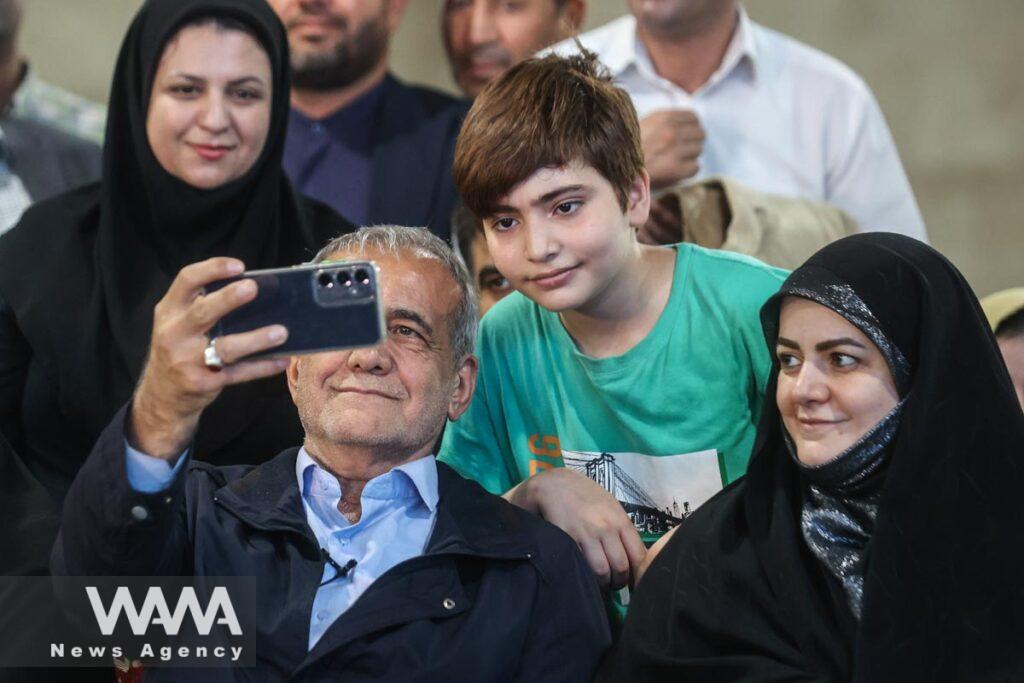
Presidential candidate Masoud Pezeshkian takes a selfie with one of his supporters during a campaign gathering in Tehran, Iran June 14, 2024. Majid Asgaripour/WANA (West Asia News Agency)
Key Roles of Social Media in Elections
Social media platforms offer several distinct advantages that have reshaped electoral dynamics:
1. Rapid Information Dissemination: Candidates can swiftly broadcast their messages to a broad audience using platforms like BALE, EITA, SEROSH, Twitter, Facebook, Instagram, and Telegram, enhancing their reach and visibility.
2. Direct Voter Interaction: Social media facilitates direct engagement between candidates and voters, fostering a sense of transparency and responsiveness that traditional media often lacks.
3. Targeted Campaigns: Utilizing user data, candidates can tailor advertising campaigns to specific demographics, ensuring messages resonate more effectively with intended audiences.
4. Public Opinion Influence: The ability to share news, rumours, and analyses rapidly on social media platforms amplifies their impact on shaping voter perceptions and decision-making processes.
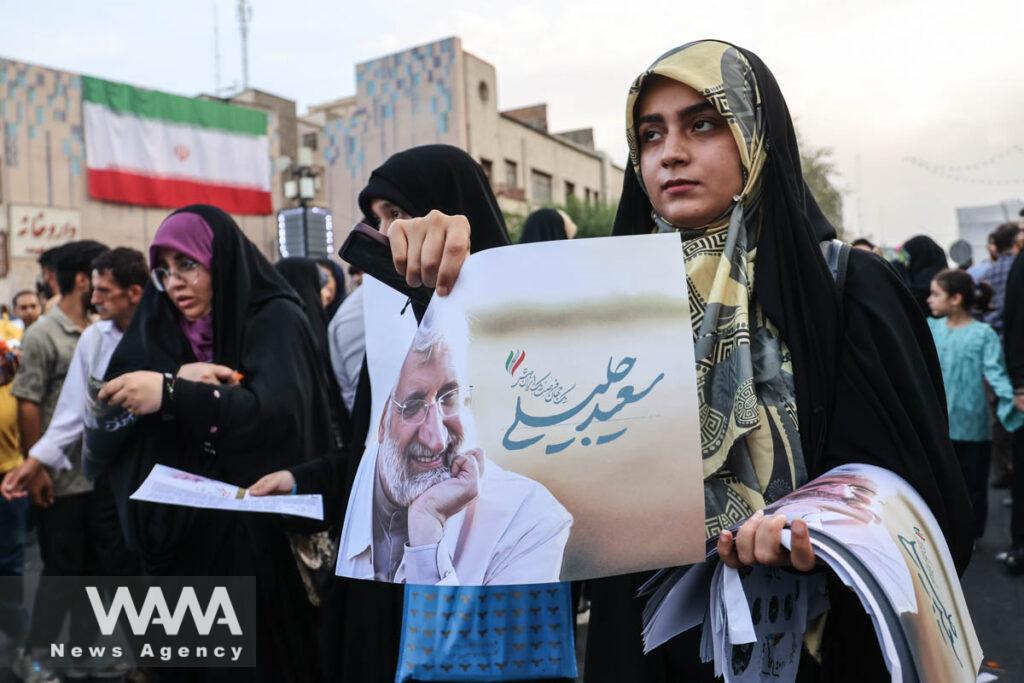
Supporters of Iranian presidential candidate Saeed Jalili attend the Ghadir Eid festival in Tehran, Iran, June 25, 2024. Majid Asgaripour/WANA (West Asia News Agency)
Challenges and Ethical Considerations
However, social media’s influence isn’t without its drawbacks. These platforms have been used for negative campaigning, spreading fake news, and conducting psychological warfare, which can undermine trust in the electoral process and manipulate public opinion.
Importance of Native Social Media Platforms
Native social media platforms, designed with cultural and linguistic considerations, play a crucial role in elections:
1. Cultural Relevance: Platforms tailored to local cultures and languages facilitate better engagement and understanding among local users, enhancing their effectiveness in political communication.
2. Enhanced Trust: Users often place greater trust in native platforms, which can foster more credible information dissemination and encourage higher voter participation.
3. Reduced Foreign Dependence: Utilizing native platforms reduces reliance on foreign social media networks, mitigating risks of external interference in domestic electoral processes.
As social media continues to evolve, its impact on elections worldwide will undoubtedly remain a central focus of political discourse and regulation.
By WANA Writer
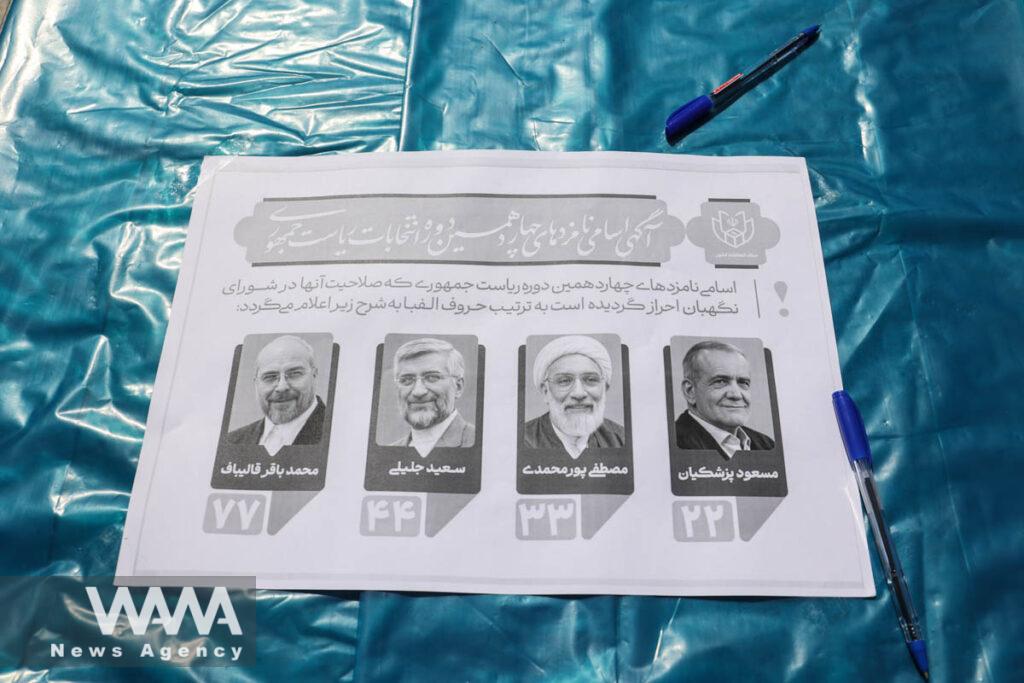
A paper showing the presidential candidates is pictured during the snap presidential election to choose a successor to Ebrahim Raisi following his death in a helicopter crash, in Tehran, Iran, June 28, 2024.Majid Asgaripour/WANA (West Asia News Agency)







